Chris Jones talks about our ever-increasing dependence on data rather than common sense or personal mastery, and why that could be hampering creativity and good ideas.
Read more


Chris Jones talks about our ever-increasing dependence on data rather than common sense or personal mastery, and why that could be hampering creativity and good ideas.
Read more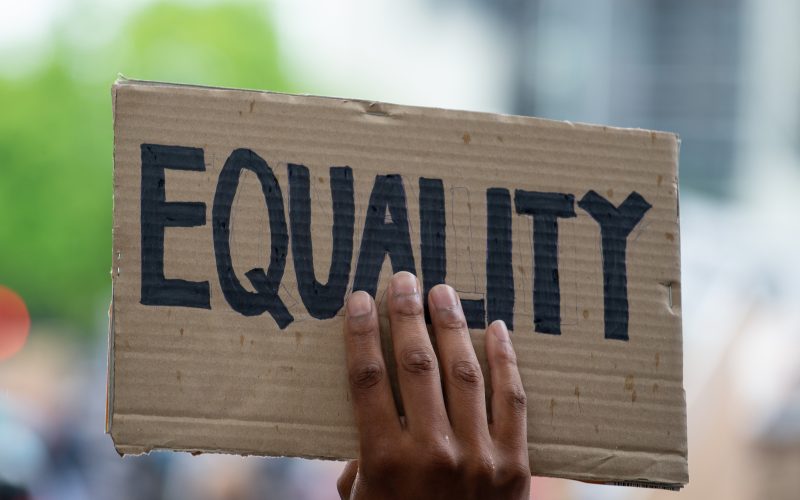
Shakil Choudhury is a consultant with 25 years of experience in justice, equity, diversity and inclusion training, and he joins us to talk about addressing racism with the science of psychology.
Read more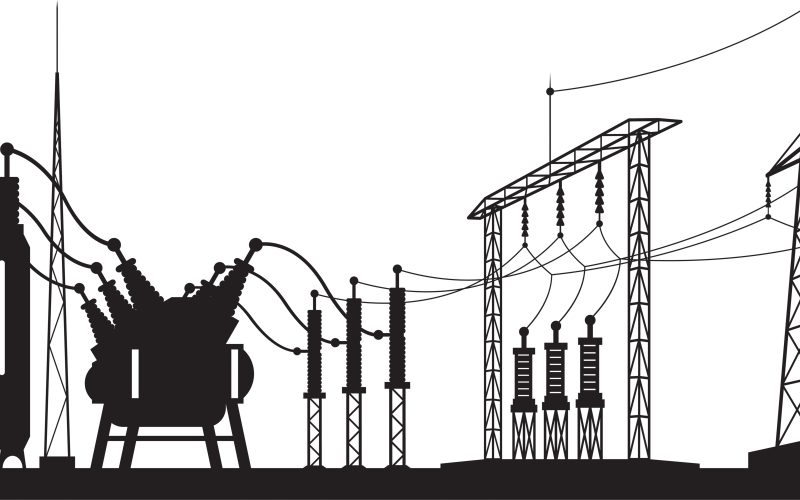
KUT reporter Mose Buchele walks us through any regulatory or policy changes that have happened since the massive storm.
Read more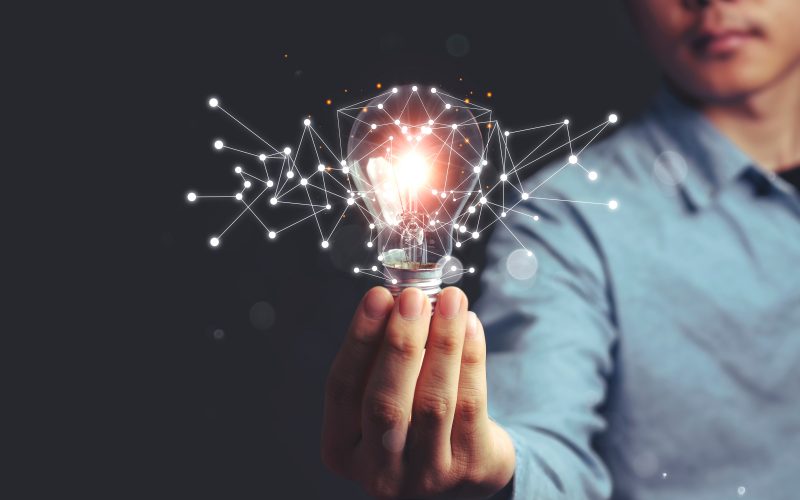
Researcher Michael Bhaskar talks about why he believes risk aversion has led us to move away from dynamic discoveries, and why he says it’s time to dream big again.
Read more
Neurologist Suzanne O’Sullivan discusses her travels around the world trying to understand seemingly odd or fantastical illnesses that spread in communities, and the very real humans who suffer from them.
Read more
Astrophysicist Sara Seager talks about becoming a widow and feeling immense grief while searching for exoplanets that might sustain life light years away.
Read more
Sarah Sax of High Country News joins us to discuss how climate change and questionable farming practices are harming crops and ways researchers are trying to breed more sustainable beans.
Read more
Dr. Cassandra Quave joins us to discuss her work searching the globe for plant-based medicines.
Read more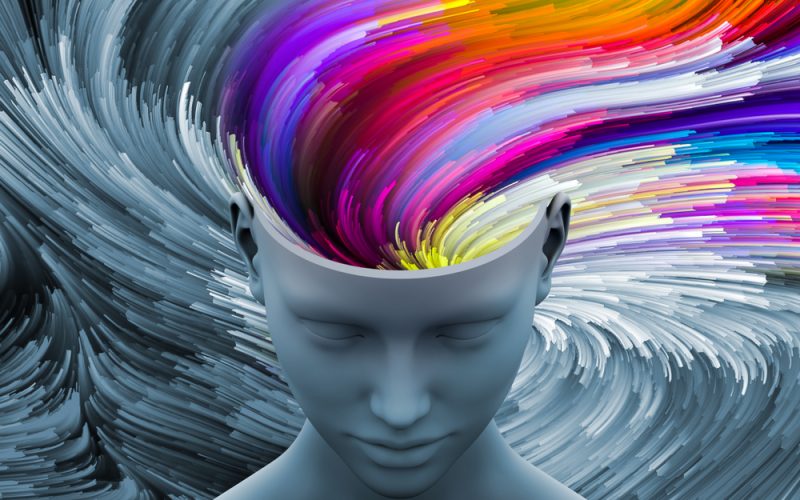
Science writer Philip Ball joins us to discuss new research about imagination, and why the ability to understand the world in multi-dimensional ways is more surprising than even our ability to dream.
Read more
Susan Golombok, director of the Centre for Family Research at the University of Cambridge and a professional fellow at Newnham College, Cambridge, joins us to talk about the outdated ideas we have about creating a happy home and the variety of parents out there who are thriving.
Read more
Political scientist Ian Bremmer joins us to talk about how the well-oiled machines of big technology – with their influence and reach into every part of daily life – are challenging national governments in shaping society.
Read more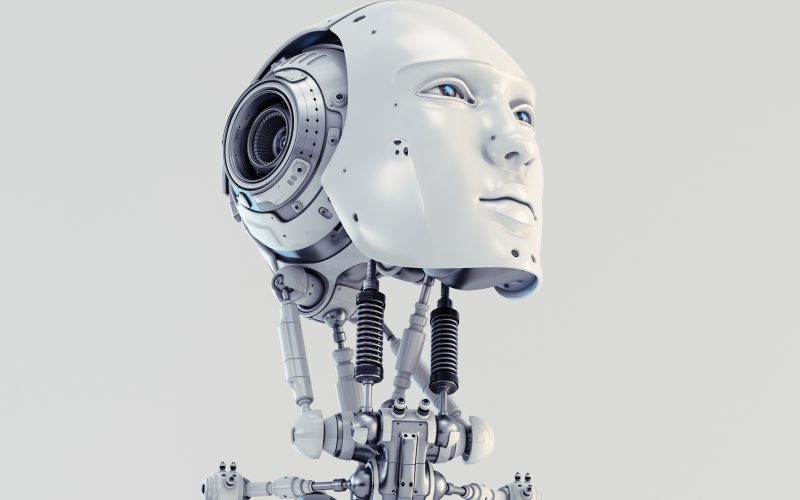
Washington Post reporter David Montgomery joins us to discuss the Pentagon’s simulated search-and-rescue competition that is stretching the limits of how robots process information and, ultimately, help the humans around them.
Read more